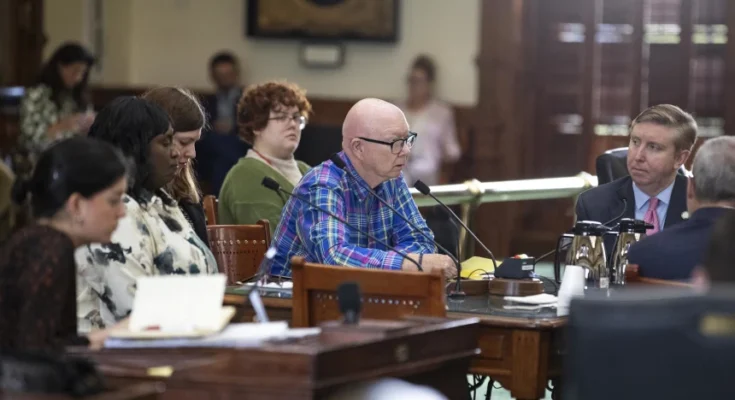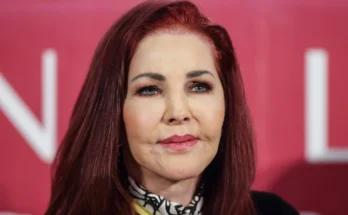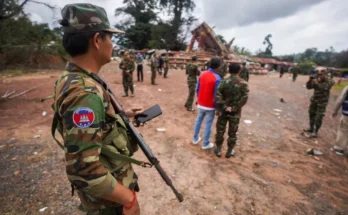This article is part of “Dealing the Dead,” a series investigating the use of unclaimed bodies for medical research.
Appalled Texas lawmakers called for a crackdown on the corpse trade Wednesday after they heard stories of unclaimed bodies’ being cut up and used for profit by medical schools, private brokers and health care companies.
The angry demands came during a state Senate Health and Human Services Committee hearing in response to an NBC News investigation that exposed how a Texas university took unclaimed bodies from local morgues and leased them to training facilities and medical device companies — without telling the dead people’s families. Sen. Tan Parker, a Republican, presented a pair of bills that would prohibit the activity and impose wider industry regulations, with jail terms for serious violations. He described the legislation as an attempt to heal wounds suffered by Texas families.
“You placed your trust in a system that should have treated your loved ones with care and respect, and that trust was broken badly,” Parker said. “This bill is more than policy. It is a promise, a promise that Texas will do better.”
Using unclaimed bodies for research is legal in Texas, as it is in most of the country. But many body donation programs have stopped the practice to reflect advances in medical ethics that call for anatomists to treat human remains with the same dignity shown to living patients.
Parker’s bills would make Texas one of a handful of states, including Hawaii, Minnesota and Vermont, that prohibit research or training on unclaimed bodies without consent. That restriction did not draw opposition at the hearing, but some body brokers raised concerns that Parker’s other proposed regulations could stifle crucial training for doctors and potentially lifesaving medical research.
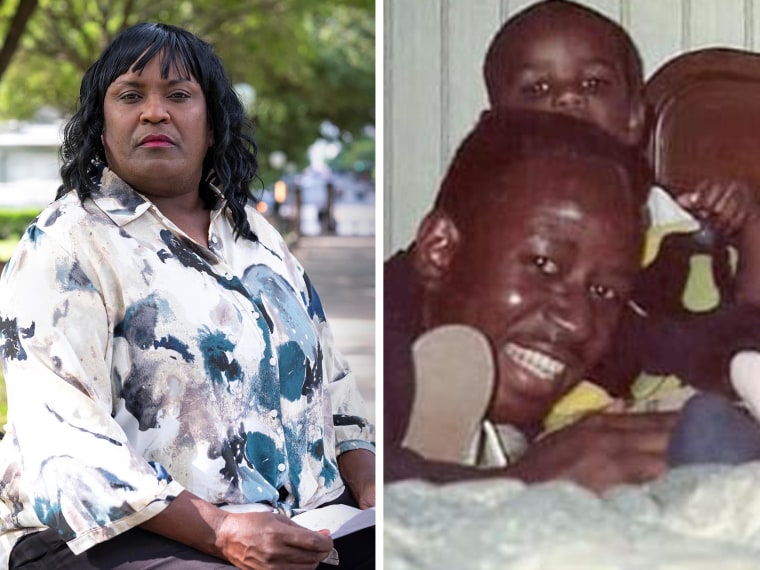
The committee heard from two people featured in the NBC News investigation: Kimberly Patman, whose ex-husband, Victor Honey, a homeless Army veteran, was cut up and leased out to medical companies and the Army; and Tim Leggett, whose older brother, Dale’s, body was shipped to Kentucky to train anesthesiologists. Both learned from reporters what had happened to their loved ones.
“Victor deserved better. His children deserved better. His country owed him better,” Patman said. “We’re asking for accountability and, more importantly, change, so that no other family has to experience this kind of violation and grief.”
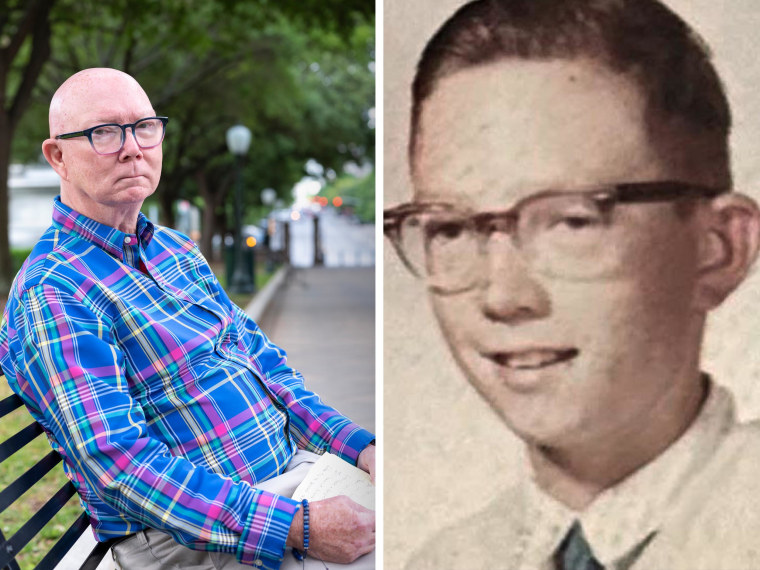
Leggett, who learned of his brother’s death through a list of names of unclaimed bodies NBC News published, said he thought every day about how Dale’s body was treated. “When does a human being stop being a human deserving of simple kindness and respect?” he said.
The committee’s chairperson, Lois Kolkhorst, a Republican, appeared aghast.
“These are horrifying stories, and I don’t know where we get to this point in society,” said Kolkhorst, who is a co-author of one of the bills. “It is a darkness here. Your descriptions. Unthinkable.”
Parker added: “It is a darkness, and it’s absolutely horrific. It’s like a horror film.”
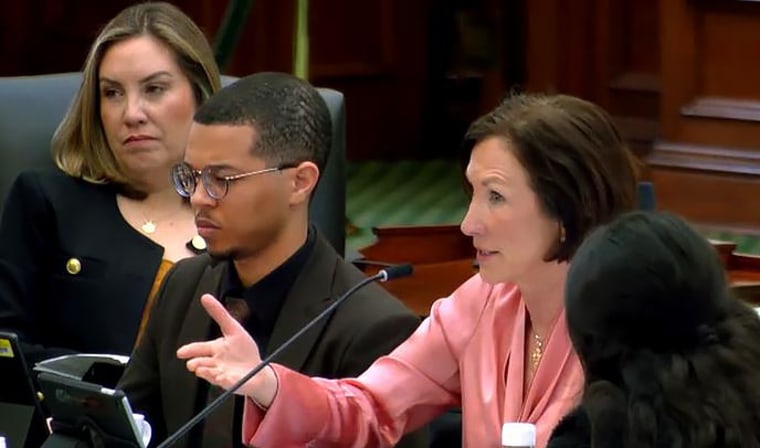
The NBC News investigation, published last year, detailed how the University of North Texas Health Science Center in Fort Worth obtained unclaimed bodies from Dallas and Tarrant counties, then dissected and leased them out. The bodies included those of military veterans, the homeless, people with mental illness and a murder victim. Reporters identified at least 26 people whose bodies were sent to the Health Science Center without their relatives’ knowledge. Twelve of those people’s families learned details of what happened to their loved ones from NBC News, including from a list of names it published.
The investigation prompted the Health Science Center to suspend its body donation program, fire the officials who led it and stop taking unclaimed bodies. Medical technology companies that had received unclaimed bodies from the center said they would change their policies or reconsider their work with the center. Local, state and federal officials expressed alarm and vowed to push for policy changes. The Texas Funeral Service Commission, which regulates body donation, launched an investigation.
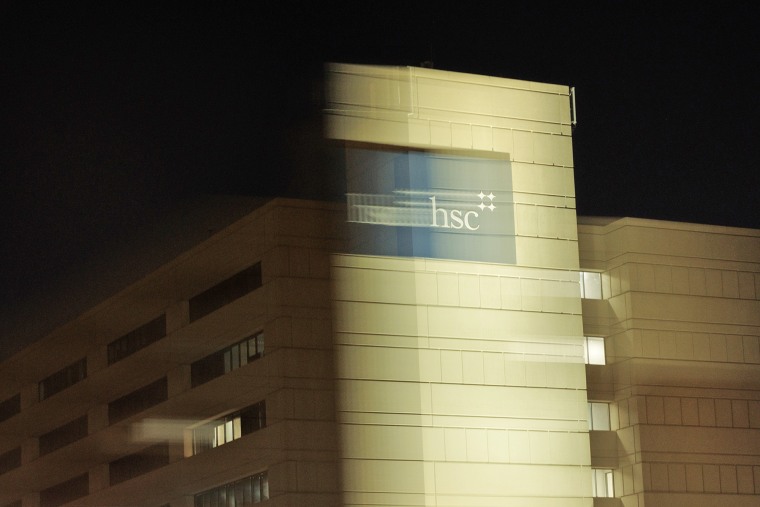
Parker responded with two bills: One would ban using unclaimed bodies without proper consent, and another would set up a more stringent set of regulations for the body broker industry, including licensing requirements, inspections, body tracking and criminal penalties for violators. Wednesday’s hearing was the bills’ first appearance before a legislative committee.
The hearing quickly rolled beyond the scope of the bills and explored other abuses in the body trade. Officials from the Texas Funeral Service Commission provided examples: a Las Vegas company that left a body sitting in cardboard on a Texas loading dock, another company that admitted violating a moratorium on out-of-state body shipments, a hotel housekeeper who found frozen heads thawing in a bathtub, complaints of body parts discarded in bushes or a pond.
That prompted some committee members to say it was not enough to tighten regulations. Instead, they said, body brokers — also known as nontransplant anatomical donation organizations — should not be allowed to operate in Texas.
“The only thing we can do is put an end to it,” said Sen. Bob Hall, a Republican.
A Parker aide said after the hearing that he would consider adding such a ban to the proposal before it returns to the committee for a vote next week.
The hearing also included testimony from body broker companies who said they did not work with unclaimed bodies. They asked the state to enforce existing regulations — including making sure that all body brokers are registered with the funeral commission — before it added more. Some warned that new regulations could lead to a drop in body donations, which are crucial for teaching the next generation of doctors and helping current physicians maintain their skills.
